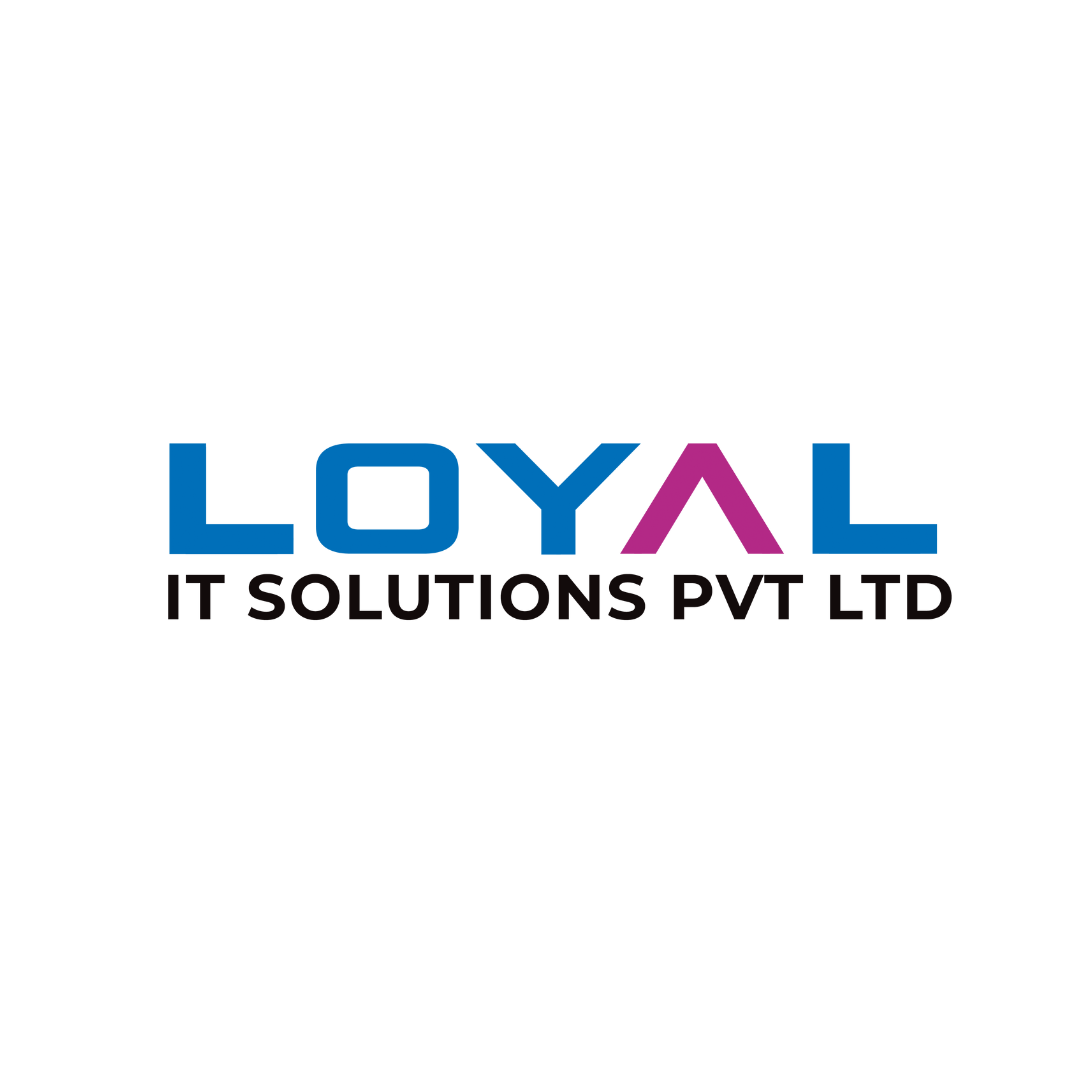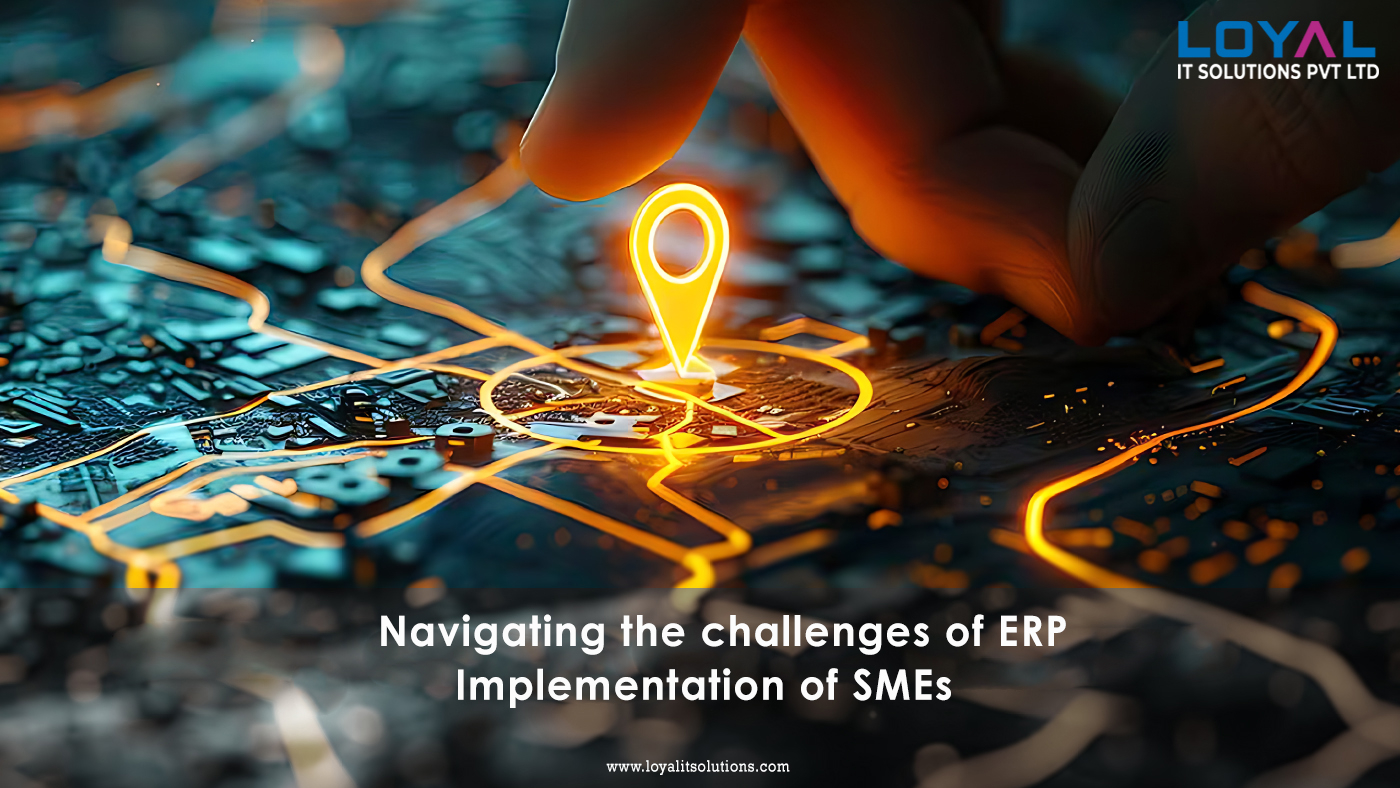Navigating the Challenges of ERP Implementation for SMEs

Akhil B Menon
Business Development Manager
Enterprise Resource Planning (ERP) systems have become an integral part of modern business operations, offering seamless integration and streamlining of various processes. However, for Small and Medium Enterprises (SMEs), implementing an ERP system can be a daunting task fraught with challenges. In this blog post, we’ll explore some of the common hurdles faced by SMEs during ERP implementation and strategies to overcome them.
1. Budget Constraints SMEs often operate on tight budgets, making the substantial investment required for an ERP system a significant financial commitment. The upfront costs of software licenses, hardware infrastructure, and implementation services can strain limited resources. To mitigate this challenge, SMEs should thoroughly evaluate their requirements and opt for cost-effective, scalable solutions tailored to their specific needs. Additionally, exploring cloud-based ERP systems or software-as-a-service (SaaS) models can help reduce upfront costs and facilitate easier maintenance and upgrades.
2. Implementing a new ERP system inevitably involves changes in processes, workflows, and employee roles, which can lead to resistance from users accustomed to legacy systems or manual processes. Effective change management strategies, including comprehensive training programs, clear communication, and active user involvement, are crucial to overcoming this challenge. SMEs should foster a culture of continuous learning and encourage open dialogue to address concerns and ensure smooth user adoption.
3. Data Migration and Integration Transitioning from existing systems to a new ERP platform often requires extensive data migration and integration efforts. Ensuring data integrity, accuracy, and compatibility across multiple systems can be a complex and time-consuming process. SMEs should allocate sufficient resources for data cleansing, mapping, and validation. Partnering with experienced consultants or leveraging migration tools can streamline the process and minimize potential disruptions.
4. Customization and Flexibility SMEs often have unique business processes or industry-specific requirements that may not be fully addressed by off-the-shelf ERP solutions. Striking a balance between customization and out-of-the-box functionality can be challenging. Excessive customization can lead to increased costs, longer implementation timelines, and compatibility issues during upgrades. SMEs should carefully evaluate their requirements and prioritize essential customizations while adapting processes to align with best practices where possible.
5. Limited Internal Expertise Many SMEs lack dedicated IT or ERP implementation teams, relying heavily on external consultants or vendors for guidance and support. This dependence can lead to knowledge gaps and potential challenges in maintaining and optimizing the system over time. SMEs should invest in building internal expertise through training programs, knowledge transfer sessions, and documentation. Additionally, establishing strong relationships with trusted implementation partners can provide ongoing support and ensure long-term success.
Despite these challenges, the benefits of a well-implemented ERP system, such as improved operational efficiency, better decision-making capabilities, and enhanced customer satisfaction, make it a worthwhile investment for SMEs. By proactively addressing these common hurdles, SMEs can increase their chances of a successful ERP implementation and leverage the power of integrated systems to drive business growth and competitiveness.
Planning to implement an ERP system in your business? Learn more insights on how to leverage the benefits. Our team is ready to assist you in choosing the best solution for your business.



Add a Comment